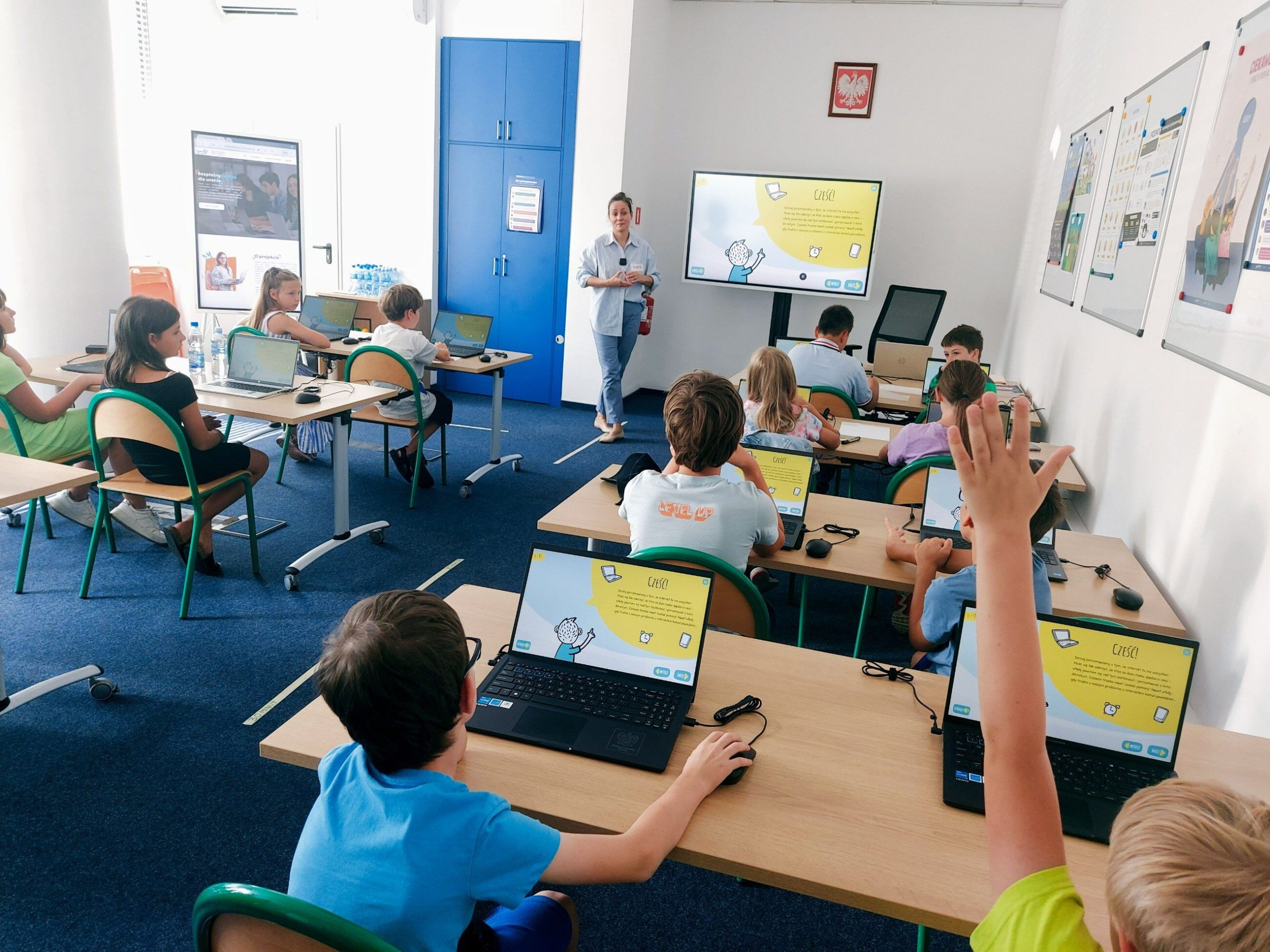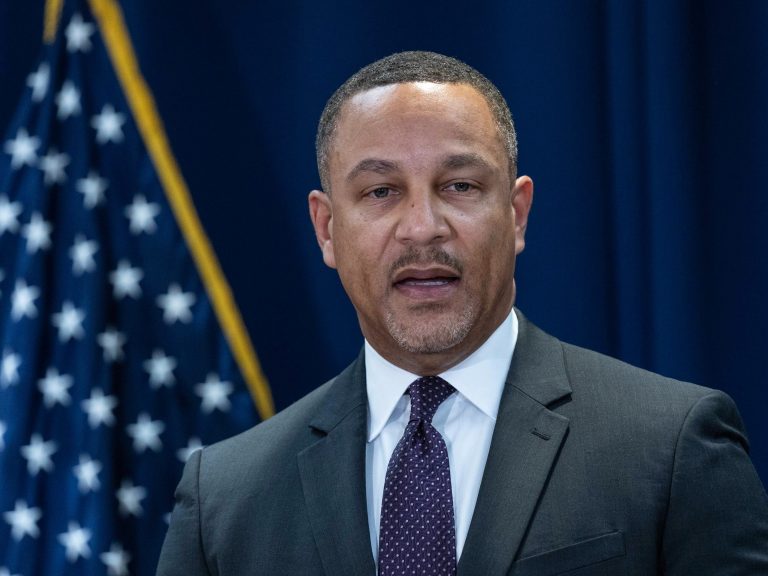Laptops for fourth graders in September

In the fall, all fourth graders will receive laptops. These will be students from public and private schools who regularly attend school, as well as those who follow an individual course of study. For many of them, it will be the first computer in their lives.
Just a dozen or so years ago, the school was home to chalk boards. Today it is home to high-speed internet and interactive whiteboards. Eight years ago, just over seven thousand schools had access to high-speed Internet. Today it is 20.5 thousand, i.e. three times more.
A telephone is no longer just a telephone: a smartphone is also an alarm clock, a calculator, a camera, an e-book reader, and a voice recorder. We receive e-mails on the watch, we buy train tickets in the application, and in large cities we buy tram or bus tickets using a QR code. The world no longer changes from decade to decade or year to year. The world is literally changing day by day.
These changes are reflected in the need to develop digital competences. World Economic Forum experts estimated a few years ago that 65 percent current school-age children will work in jobs that have not yet been created. This is a strong signal that the digital and technological competences that students acquire and then develop at subsequent stages of education will not only stay with them forever and help them find their place in society, but will also be a strong asset on the labor market in the near future.
Use the potential of Polish youth
The latest known results of the PISA student skills tests show that in the field of mathematical reasoning, Polish 15-year-olds scored 516 points, which is 27 points more than the average for OECD countries. The average score of Polish students in reading comprehension was 512 points. It was one of the highest results in the world. In understanding natural sciences, Polish students obtained an average score of 511 points, which puts them in 3rd place among EU countries.
The results are optimistic, but the real challenge lies in putting the youth’s skills to use. Because in the Global Innovation Index, Poland ranks rather distantly, 38th. In turn, data from the European Patent Office show that Polish patent applications in Europe constitute only 0.3%. general.
Finally, according to the Digital Futures Index, run by Microsoft, Poland has a result of 15 percent. lower than the average of Central and Eastern European countries in terms of digital skills of the entire society. In the same index, analysts and experts put forward the thesis that further deepening the digital talent base is crucial for Poland’s economic growth.
In a word, PISA results show where Poland can be, and other statistics show where we actually are.
“Laptop for a student”
The project of the Ministry of Digitization opens a new chapter in the education of Polish students. Its aim is to equalize opportunities and strengthen digital competences – every year every student in the 4th grade of primary schools, both public and private, is to receive a laptop. The equipment can be used for learning, developing digital competences as well as talents and interests. The aim of the campaign is to build a digital school and improve the digital competences of young people. Laptops can be used not only during IT lessons, but also during other classes.
The laptops will be free of charge, and their parents will formally own them. In the event of damage to the equipment, the warranty assumes that the repair will be carried out within 5 days.
If it turns out that it will take longer, the student will receive a replacement laptop for that time. There is a door-to-door system here. This means that a person from Rzeszów will not have to go to Wrocław to return the equipment to the service, but the service will knock on our door, collect the equipment and then return it.
An integral part of the “Laptop for students” program is the information portal available at laptopdlaucznia.gov.pl. There you can find information about the project, as well as the “Knowledge Base” section, where you can find links to download free software needed to learn and develop the interests of children and young people, educational materials for parents and students on safe use of the Internet, and e-courses. learning. You can also fill out a form on the website (a kind of search engine) that allows you to check at what stage the laptop is being handed over to a specific school.
In parallel with the “Laptop for a student” program, a telephone hotline (22 182 22 88) and e-mail ((email protected)) is launched to handle related inquiries. The hotline is open from Monday to Friday from 09:00 to 18:00.






